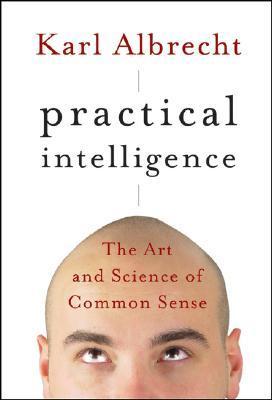What do you think?
Rate this book


416 pages, Hardcover
First published May 4, 2007
"The spectacular failure of the American attempt to forcibly install democracy in a country like Iraq, with its uniquely different socio-political substructure, raises not only the question of whether those who attempted it really understood the Arab culture, but also the question of how well they understood democracy itself, and how it actually worked in the cultures of their own birth" (257).